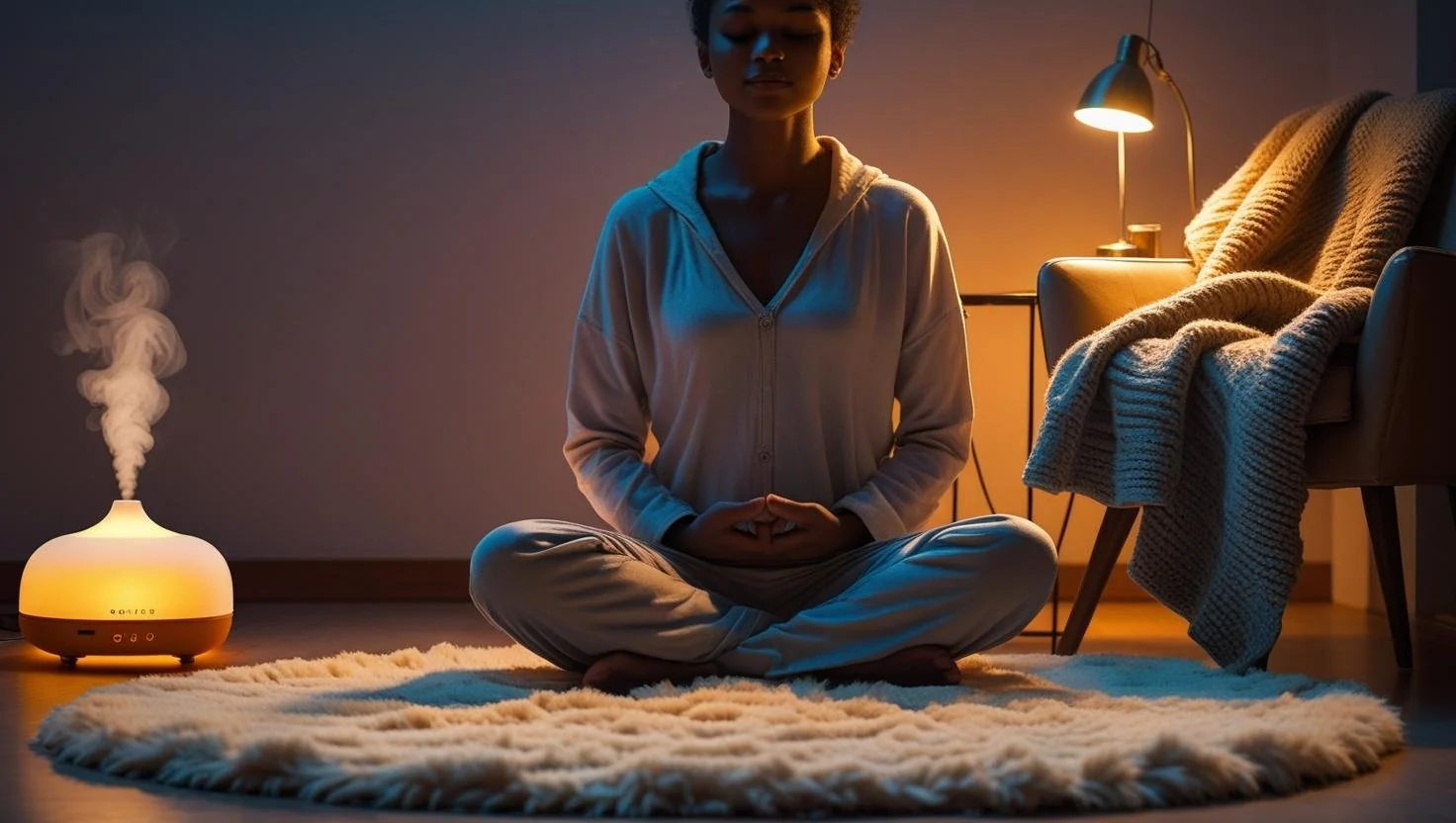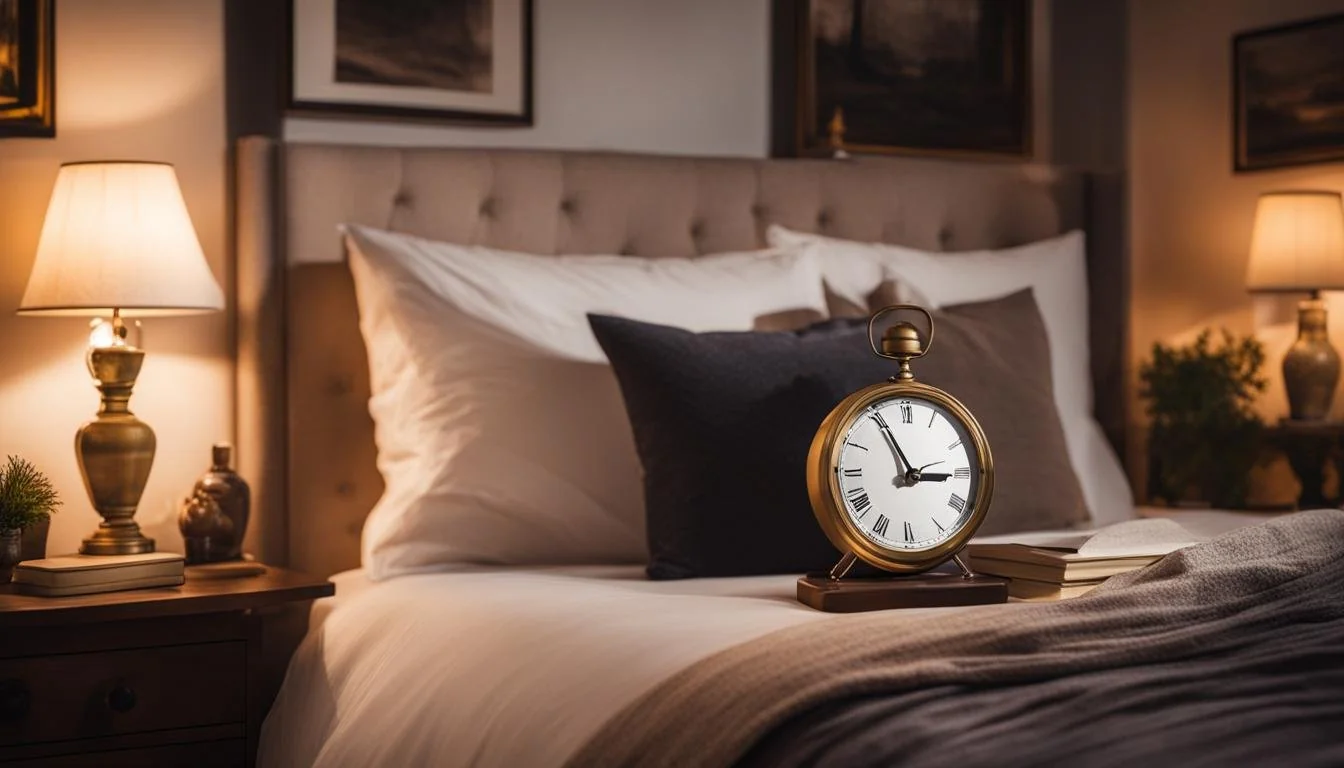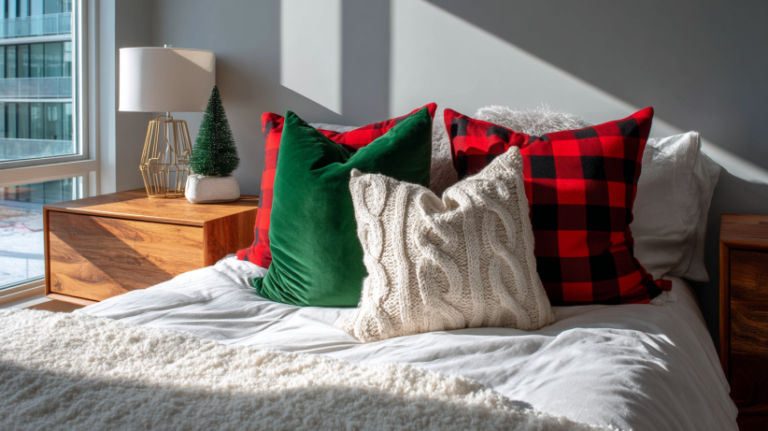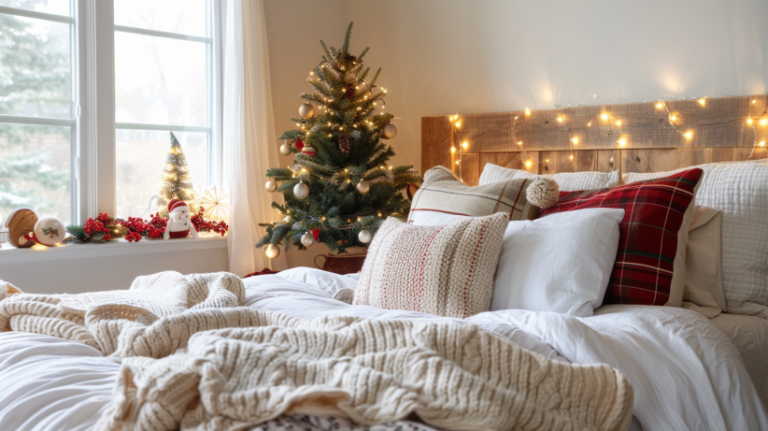Bedtime Rituals That Support Better Sleep
Creating bedtime rituals for improved sleep isn’t just about relaxation—it’s about training your body and mind for consistent rest. With the right nighttime habits, you can fall asleep faster, sleep deeper, and wake refreshed. Small but intentional actions, practiced regularly, form the foundation for long-term wellness and better mornings.

Key Takeaways
- Consistent bedtime rituals for improved sleep regulate your body clock and reduce stress.
- Simple habits like herbal tea or dim lighting create a smoother transition into sleep.
- Your sleep environment is just as crucial as your mental wind-down activities.
- Repeating the same rituals reinforces cues that prepare your body for rest.
Why a Bedtime Routine Matters
Bedtime rituals for improved sleep send calming signals to your brain, telling it that it’s time to wind down. Soft lighting, warm tea, and quiet activities all encourage relaxation and help reduce nighttime anxiety. According to The Sleep Foundation, routines regulate your internal clock and improve sleep quality. Over time, your body begins to associate certain cues—like lowering the lights or sipping tea—with the start of rest, making the transition into sleep more natural.
Set a Consistent Bedtime
Consistency is key. Going to bed and waking up at the same times every day—even on weekends—supports your circadian rhythm. Aim for 7–9 hours of sleep by choosing a bedtime that works for your lifestyle. By making this one of your bedtime rituals for improved sleep, you train your body to expect rest, helping you drift off more quickly and wake more refreshed.

Learn more in our guide to fixing your sleep schedule.
Power Down Your Electronics
Blue light from screens suppresses melatonin, making it harder to fall asleep. That’s why a digital detox is one of the most effective bedtime rituals for improved sleep. Instead of scrolling, choose calming alternatives like journaling, light reading, or gentle stretching. Setting an “electronic curfew” an hour before bed can make a noticeable difference.

Get more tech-free tips in our guide to creating an optimal sleep environment.
Sip a Soothing Bedtime Tea
A warm cup of chamomile or valerian root tea is a simple but powerful ritual. Herbal teas have natural calming properties that promote deeper sleep. Making tea your nightly cue—no phone, just peaceful sipping—can reinforce your wind-down routine. Pair it with meditation or light stretching to strengthen the effect.
Indulge in a Warm Bath
A warm bath before bed helps lower core body temperature afterward, mimicking your body’s natural sleep signals. Adding essential oils or calming bath salts turns this into a spa-like ritual. Among the most effective bedtime rituals for improved sleep, a bath relaxes both muscles and mind, preparing you for a restful night.
Do You Need Total Silence?
Not everyone sleeps best in silence. White noise, rainfall, or soft music can help mask distractions and ease the mind. Experiment with different soundscapes—whether it’s nature sounds, ambient playlists, or a simple fan—to find what works best for your routine.
Discover more about personal sound choices in our article on bedding rituals through history.
Create a Relaxing Environment
Your bedroom should serve as a sleep sanctuary. Think blackout curtains, soft bedding, and minimal clutter. Cool temperatures and low light enhance melatonin production, while soothing touches like rugs, weighted blankets, or calming scents add to the atmosphere. According to The Sleep Doctor, optimizing your environment is one of the most effective ways to improve sleep.

Explore more design ideas in our style guide to bedroom decor for better sleep.
Final Thoughts
Whether it’s tea, a bath, or unplugging from screens, bedtime rituals for improved sleep can transform how you rest. Start with one habit, then layer others over time for a personalized routine. The goal isn’t perfection—it’s consistency. With patience, your body adapts, your sleep deepens, and your mornings improve. At Cozy Bed Quarters, we believe in creating nightly rituals that nurture both rest and well-being.
FAQ
- What is the best bedtime ritual for improved sleep?
- The best ritual varies by person, but a consistent routine that includes tea, reading, or a bath is usually effective.
- How long should a bedtime routine be?
- Most people benefit from 30–60 minutes of calming, non-stimulating activities before bed.
- Do bedtime rituals really improve sleep?
- Yes. They regulate your body clock, reduce stress, and prepare your environment for restful sleep.
Read more in our post on how to get better sleep and why sleep hygiene matters.























